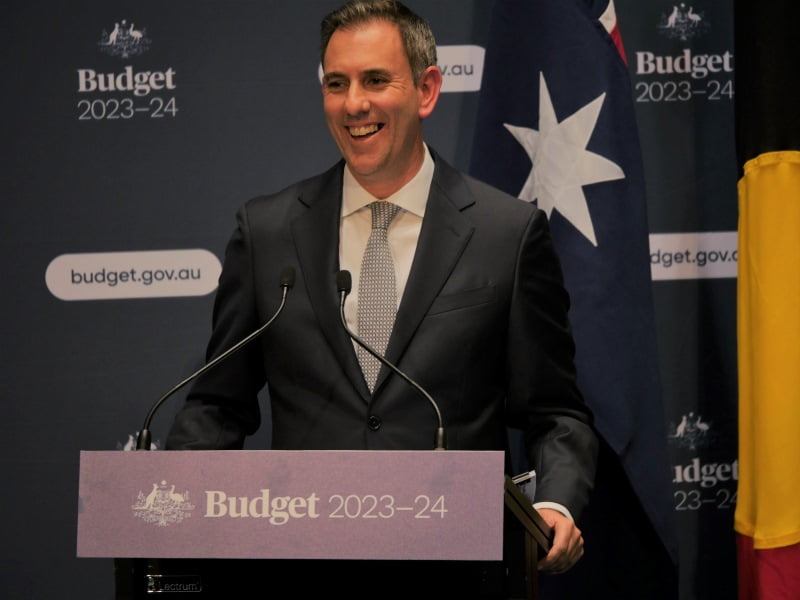Treasurer Jim Chalmers has issued the Productivity Commission its first ever statement of expectations, requiring the 25-year-old institution to take a “broader perspective” on policy by factoring in emerging trends and the practical implications of its advice.
The economic institution is now expected to give more attention to digital technologies, climate change, Australia’s ageing population and a rising demand for care, as well as “geopolitical risk and fragmentation”.
It has also been asked to modernise its approach to research and consultation, start giving more consideration to how its policy advice could actually be implemented and work with Treasury’s new evaluation unit to measure program delivery — all under a closer watch of the government.
The move by Dr Chalmers is part of changes to institutions to help the Albanese government deliver its economic agenda and a new industry policy shaped around net zero.

“The Statement makes clear the government’s expectation that the PC will sharpen its focus on the major forces impacting Australia; diversify its skills base, data capability and analytical frameworks; and improve its communication, external engagement, culture and governance arrangements,” a statement from the Treasurer said.
As part of the new focus, the Productivity Commission has been asked to improve its research methods and widen its data sources. This will include a new data strategy, priority data sets and information management practices.
It will also be expected to work more collaboratively across the full range of relevant Australian Public Service boards and committees including, the Secretaries Board. The Treasurer also wants more involvement himself and will include other ministers and assistant ministers in more meetings.
Dr Chalmers said he has outlined the changes because the Productivity Commission to provide more “influential, constructive and timely advice”.
The Productivity Commission was established by the Howard government in 1998 to be the government’s research and advisory body on a range of economic, social and environmental issues, but is principally focused on developing a more productive economy.
Productivity in Australia is at its worst levels in 60 years, with the latest Budget forecasting a growth rate of just 1.2 per cent.
The Commission has been criticised for undervaluing domestic capabilities, relying on flawed analysis, and being driven by neoliberalism. Manufacturing groups and unions have called for the institution to be abolished in the last year.
The Treasurer flagged change to the Productivity Commission earlier this year as part of the Albanese government’s “institutional renewal” that has also seen changes at the Reserve Bank.
He appointed Danielle Wood, the chief of public policy think tank the Grattan Institute, to oversee the changes and new approach at the Productivity Commission.
On Friday, the Treasurer said he wants a “refocused and renewed PC to be a key source of world-class, practical advice when it comes to productivity and prosperity and progress more broadly”.
“This will help inform the Albanese government’s broad and ambitious productivity agenda that is focused on promoting economic dynamism, resilience and competition, building a skilled and adaptable workforce, harnessing data and digital technologies, delivering quality care more efficiently, and realising the opportunities of the net zero transformation,” the Treasurer said.
The Intergenerational Report released in August highlighted new opportunities in technology to turn around Australia’s slump.
New chair of the PC, Ms Wood, said at the time, however, that technology advances do not guarantee productivity improvements.
“It might be the case that we have incredible technological change that unleashes waves of productivity… That would mean that these [productivity growth] numbers look a lot better, but I don’t think it would be the right thing to assume that when we haven’t actually seen that feed through into productivity as yet,” she said.
Do you know more? Contact James Riley via Email.

